Public opinion is discussing a lot about the behavior of medical staff at K Hospital after a citizen came forward to accuse patients of having to "grease" 200,000 VND each time they receive radiation therapy there.
From the above incident, some more patients spoke up about having to "grease" medical staff from very small things like prescribing, injecting, re-examining to performing other techniques like radiotherapy and surgery.
The amount could be in the tens, hundreds of thousands, or 200,000 VND range as alleged, but there are also people who think it should be more, like 500,000 VND to one million or several million VND.
Some people even say that in order for their family members to receive early treatment or surgery, they have to spend up to tens of millions of dong.
The above situation, if it exists, is unacceptable, especially when it occurs in a hospital - where doctors and nurses do their job of saving lives. If it exists, it is even more unacceptable when cancer patients are considered to have fallen into a miserable situation when facing a serious illness.
This is not the first time that K Hospital has been accused of accepting envelopes from patients and their families. Previously, in 2016, public opinion also discussed a similar incident.
The story of "greasing" envelopes in the medical industry is not new, it has always existed and smoldered in this industry.
When talking to reporters about envelopes in the medical industry, a doctor working at Hanoi Medical University Hospital said that when a patient gives him an envelope, he uses 5 reasons to refuse.
First, we must ask the patient clearly why he gave the envelope to the doctor. The doctor's treatment of the patient is not a trade. The doctor is the one who saves the patient's life, and life is a commodity that cannot be paid for with money.
The second argument that this doctor analyzed with the patient was that when the patient gave him an envelope, if the doctor accepted it, the doctor would be no different from a football player who sold matches. Playing football for money will affect conscience and talent, and the efficiency will not be high. Doctors who examine and treat patients for money will affect the quality of medical examination and treatment, affecting the patient's life.
If after giving the above two reasons the patient still gives the envelope, the doctor must apply the third method, which is to affirm that doctors are currently working and receiving a salary from the State, the doctor can live on the salary, enough to support himself and his family.
Not to mention, if receiving an envelope from a patient is discovered, the doctor will lose all his reputation, career, and prestige.
The final argument that this doctor made was to promise the patient that giving or not giving an envelope would not affect the quality of medical examination and treatment as well as the doctor's care.
Although he had to use all his communication skills to politely refuse to reassure the patient, this doctor admitted that there were still patients who gave him envelopes in a very "artistic" way that made it difficult for the doctor to refuse, so he had to accept them at first to reassure the patient and then find a way to return them.
Regarding receiving envelopes, a leading professor of cardiology also shared with reporters that about 5 years ago, a relative of a patient who was on life support and was dying still came to give him an envelope to thank the doctors.
In that situation, the professor did not refuse outright but accepted it and then "sent it back to buy a gift for his nephew", also so that they would not feel sorry for themselves because they looked so poor.
"To get that amount of money, they must have sold several hundred kilograms of rice, so I can't take it from them, but I also can't refuse because it will hurt and worry them," he shared.
From another perspective, a female doctor working at a hospital specializing in obstetrics in Hanoi said that they themselves do not make any demands, but patients keep "whispering to each other" and following other people's instructions, unintentionally corrupting a part of the medical staff.
There are even doctors who directly perform surgeries who do not accept envelopes, but the patient's family members just put them in the hands of nurses or someone and ask them to "deliver them to the surgeon".
Regarding the story of envelopes in the medical industry, many opinions say that it is necessary to distinguish between receiving envelopes before and after treatment. It is problematic for a patient to be in such pain and for a doctor to receive money before treatment. However, it is another matter if a patient gives an envelope to thank the doctor after curing the patient.
Is it acceptable to give an envelope after treatment as an act of gratitude from the patient to the doctor for the hard work of the doctor, working day and night to save the patient?
According to many caring doctors, if the patient is truly grateful to the doctor, they will find a gift with appropriate spiritual value. At that time, receiving small but valuable gifts, expressing the patient's gratitude and respect is extremely valuable to every person working in the medical field. But above all, it must be a gift that comes from the patient's heart, not a suggestion, demand or coercion.
The incident at K Hospital is still being reviewed and clarified by the authorities, but the story of envelopes in the medical industry is still a long story. Understanding whether it is a legitimate expression of gratitude or a desire to use money to "buy" assurance, buy safety, enthusiasm, and responsibility of doctors and nurses towards patients, that is still a difficult question that only each doctor, each medical staff with their own working experience can answer most accurately.
Source: https://baodautu.vn/chuyen-ve-van-nan-phong-bi-trong-nganh-y-d223049.html


![[Photo] Thousands of Buddhists wait to worship Buddha's relics in Binh Chanh district](https://vstatic.vietnam.vn/vietnam/resource/IMAGE/2025/5/3/e25a3fc76a6b41a5ac5ddb93627f4a7a)
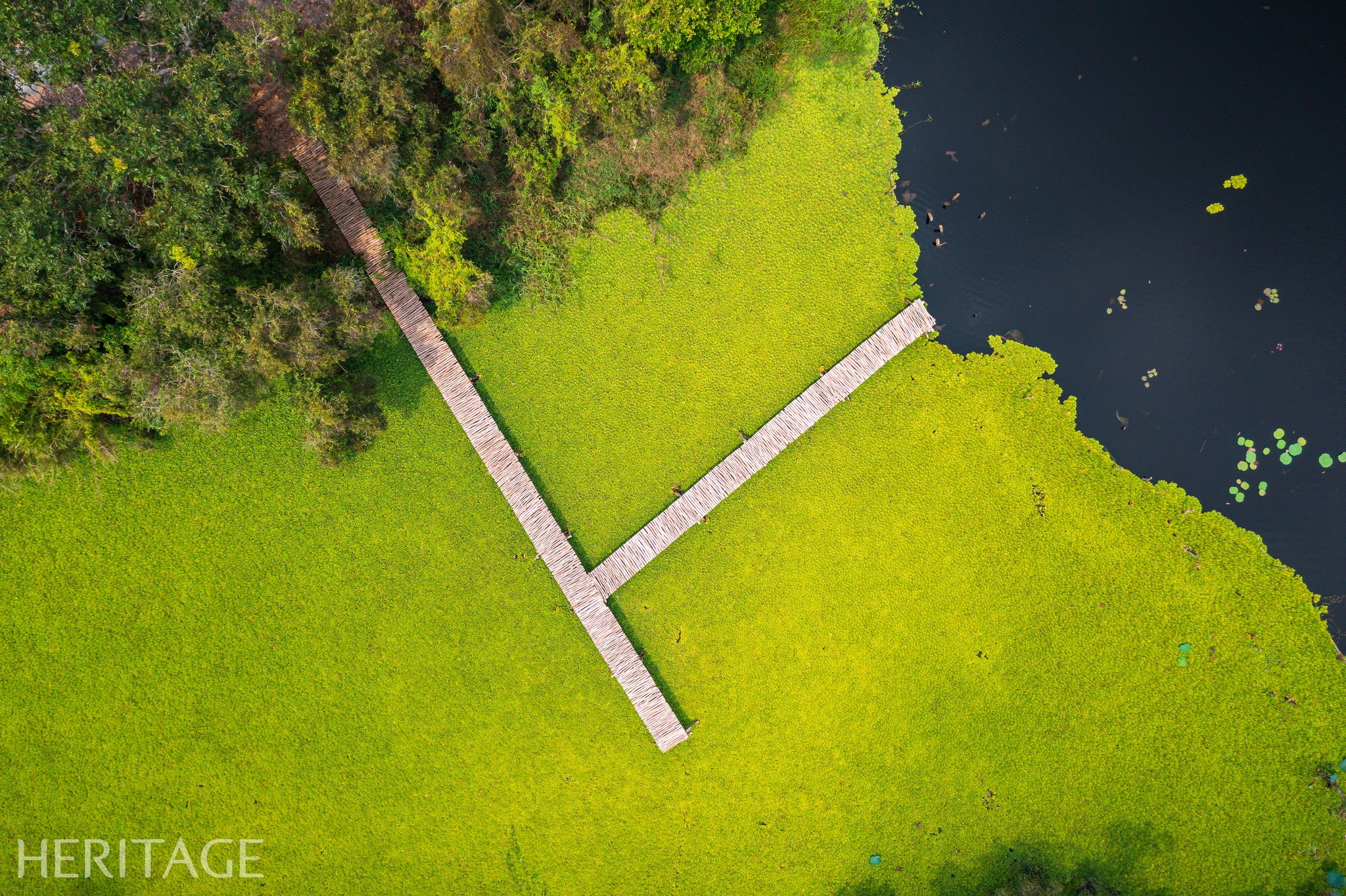




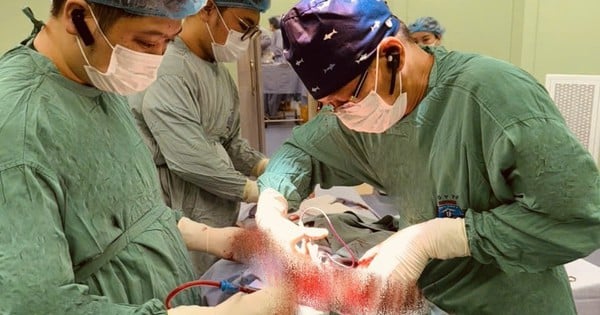

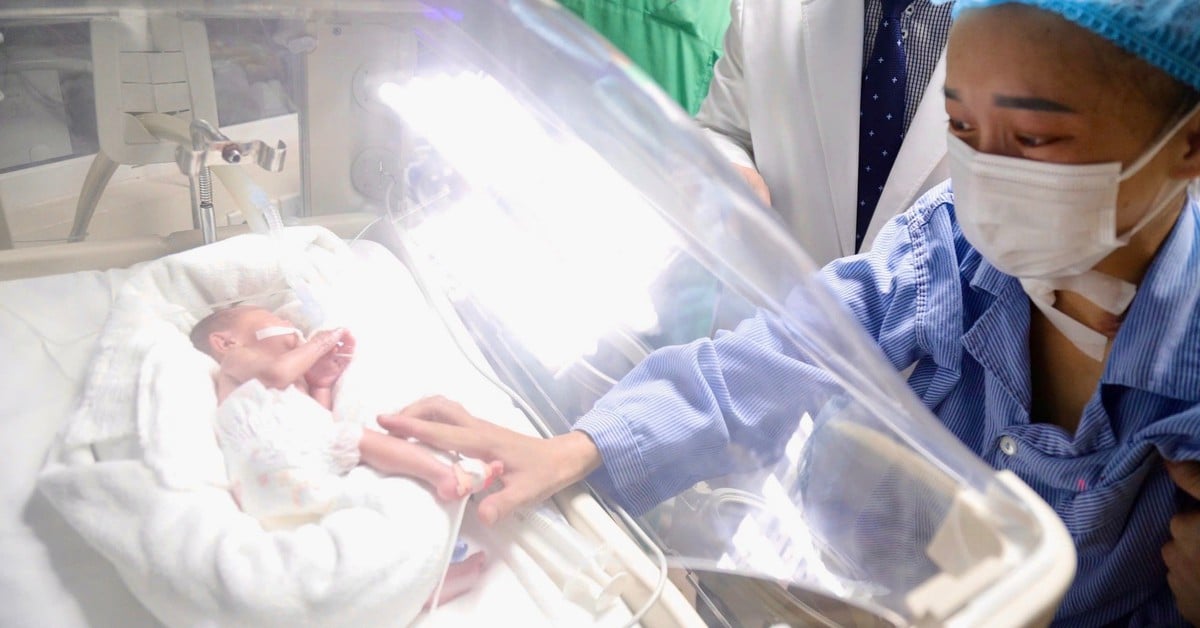

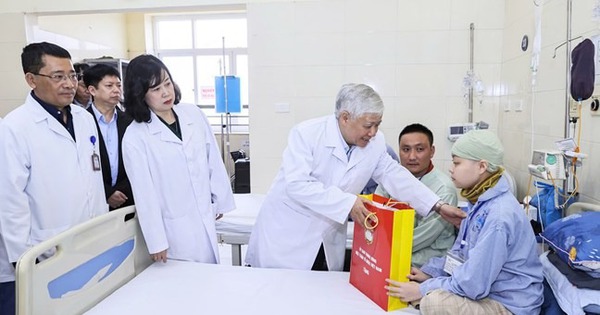

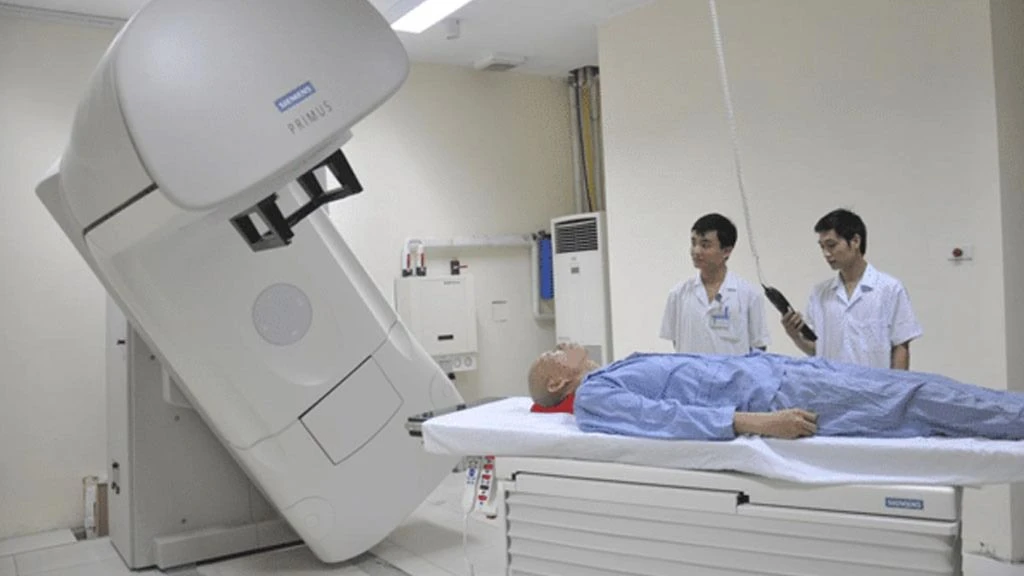

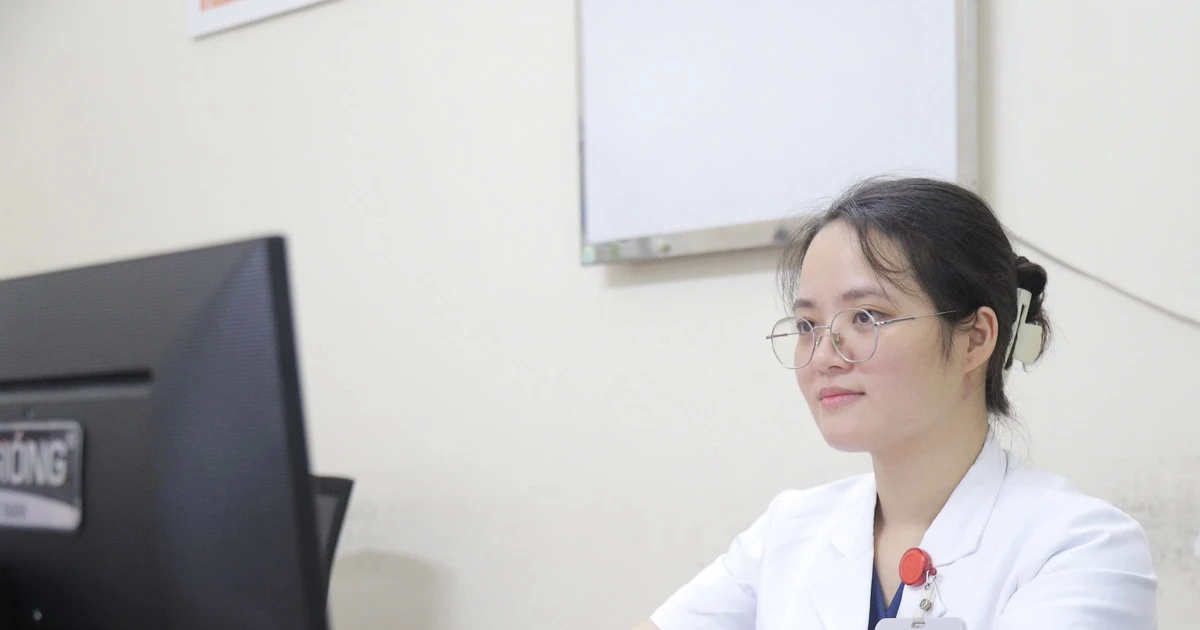
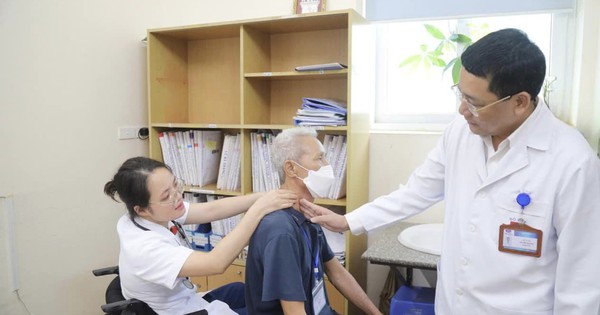


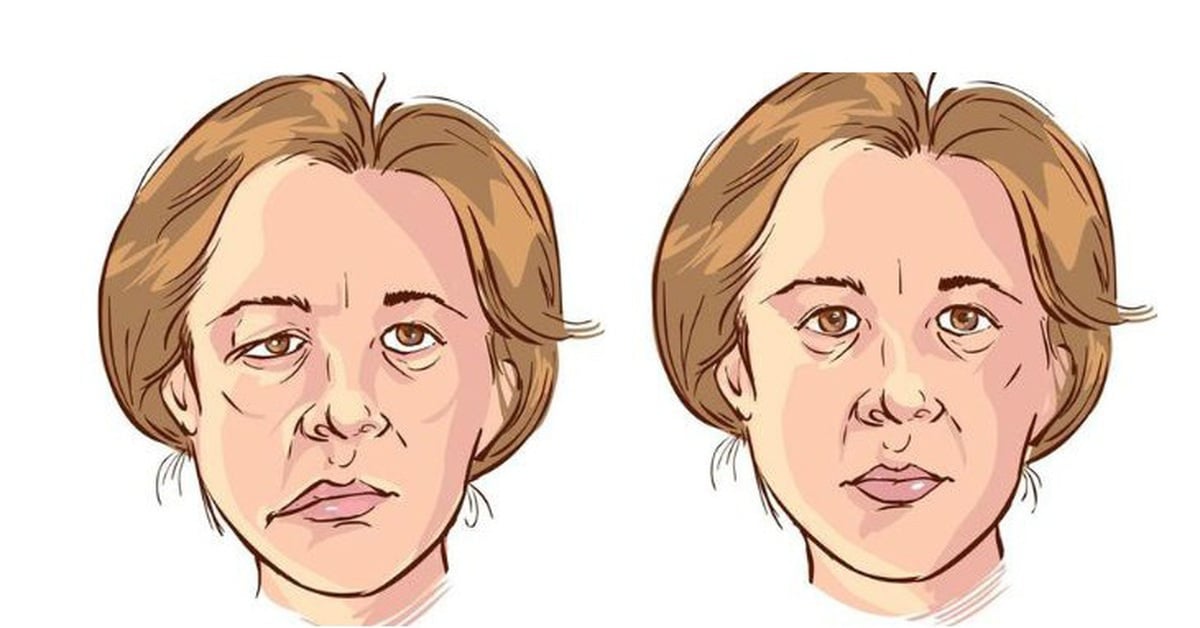
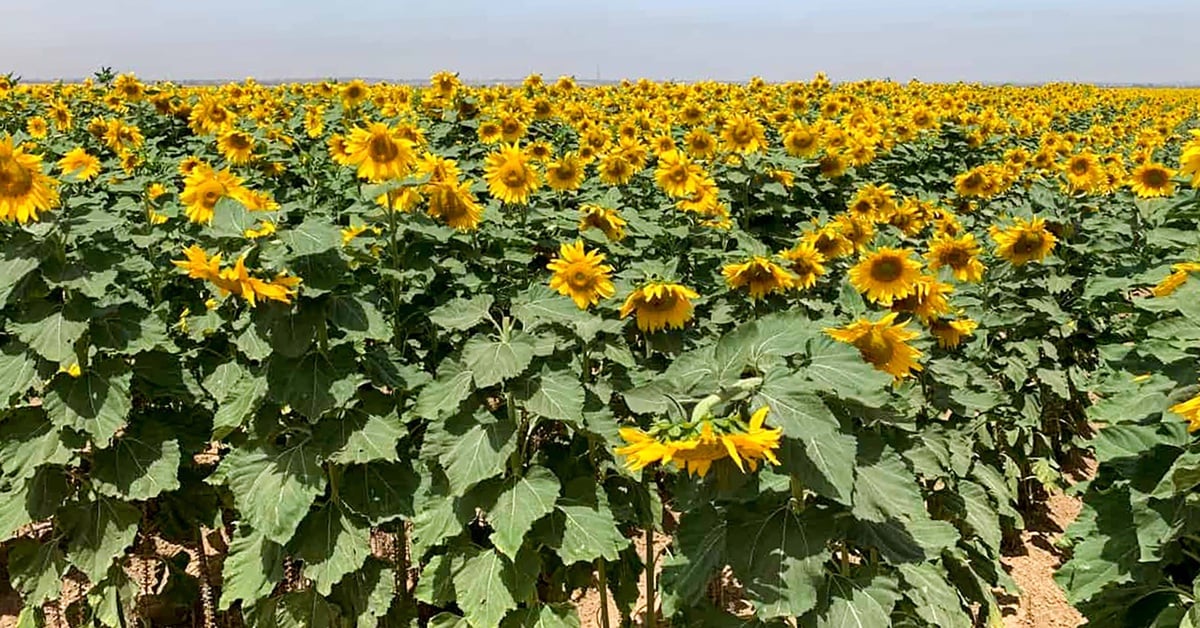
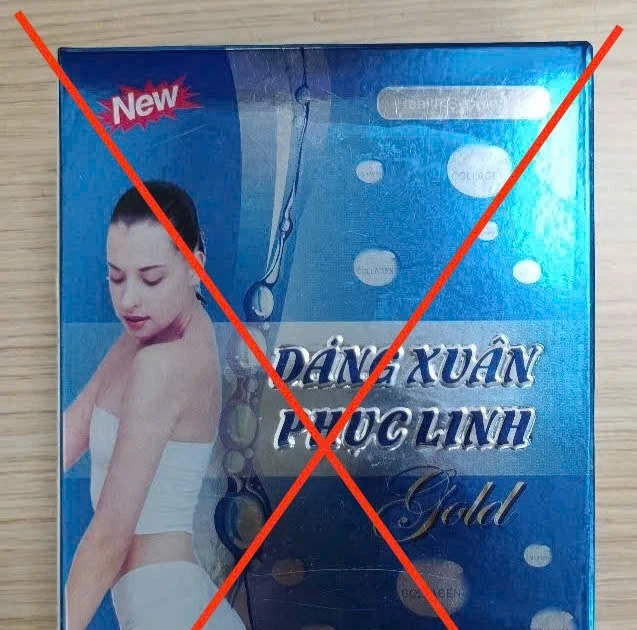
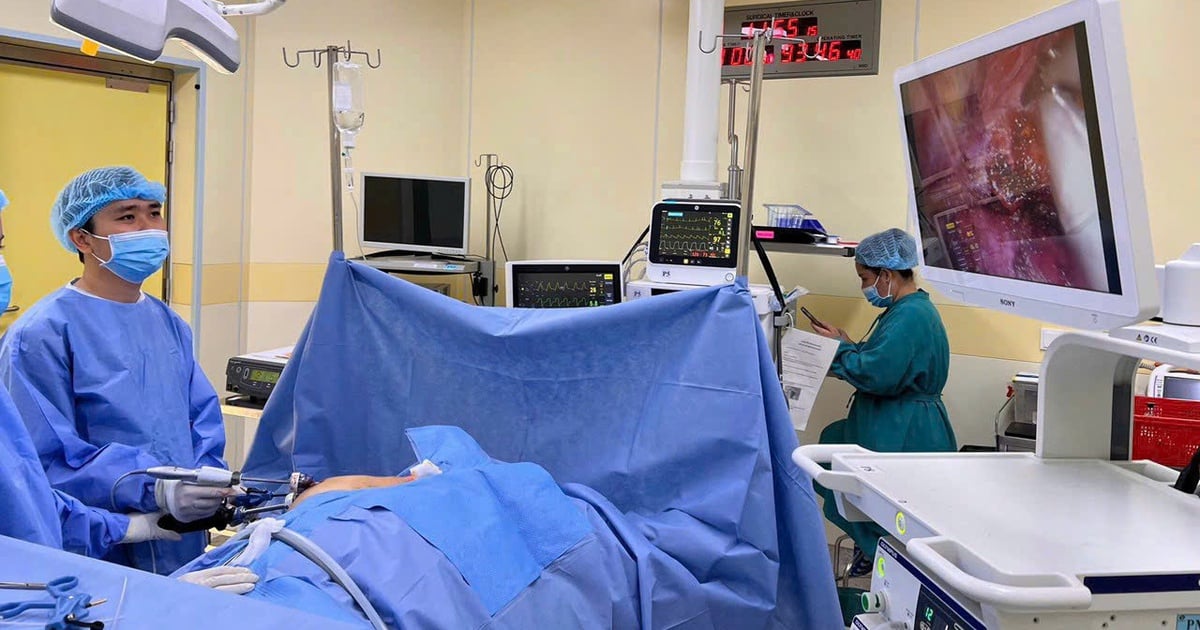



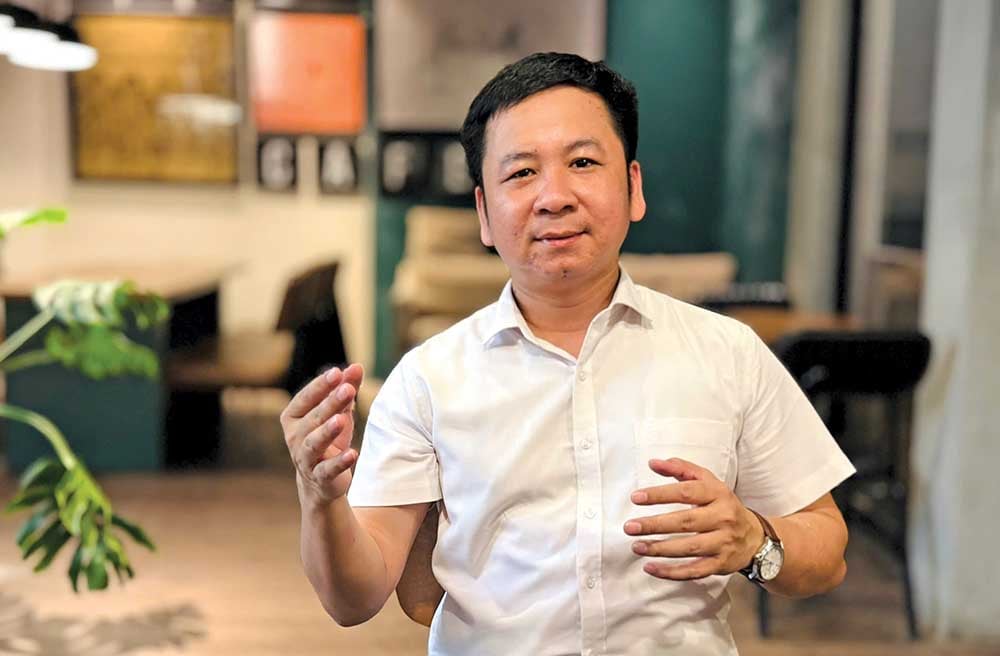





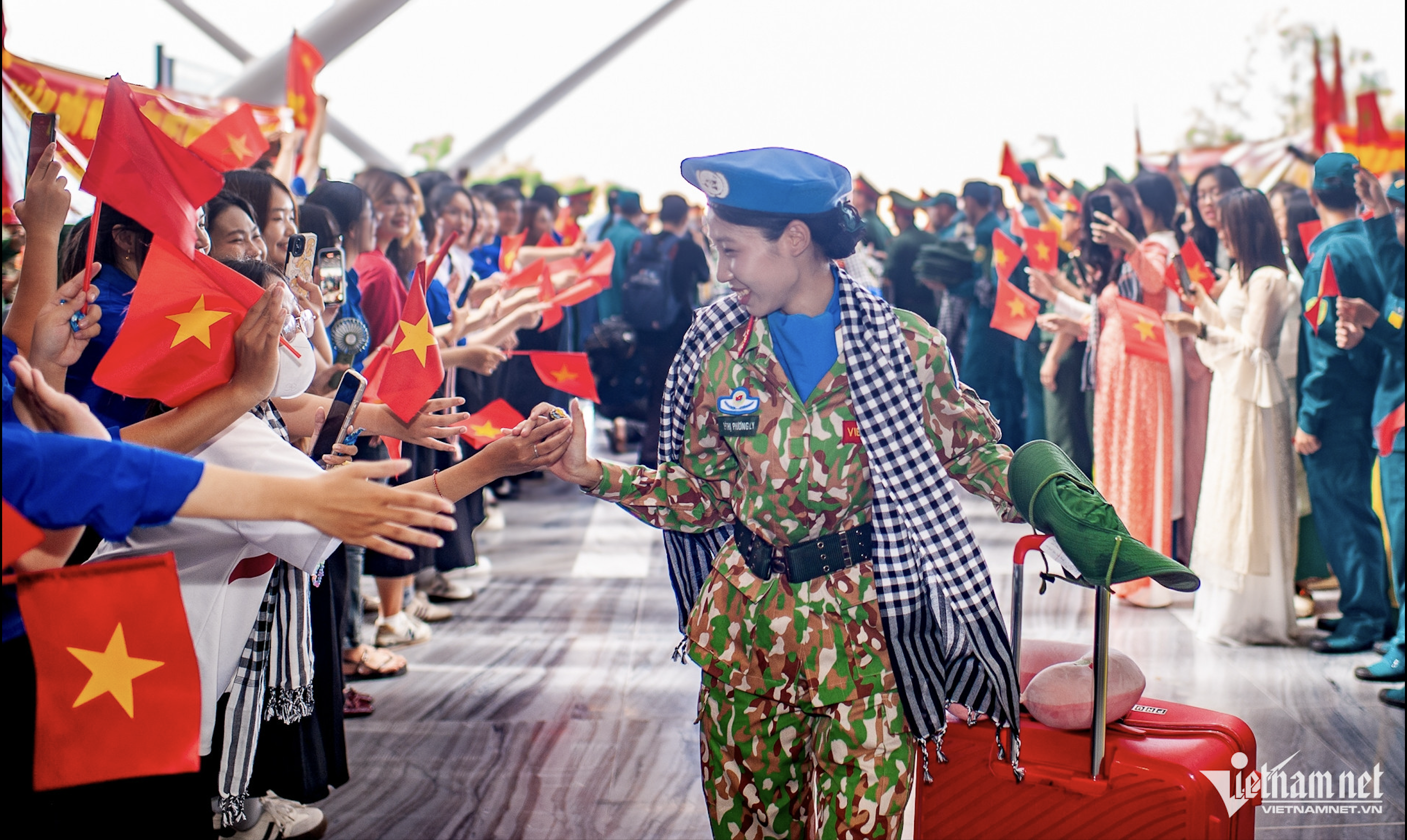




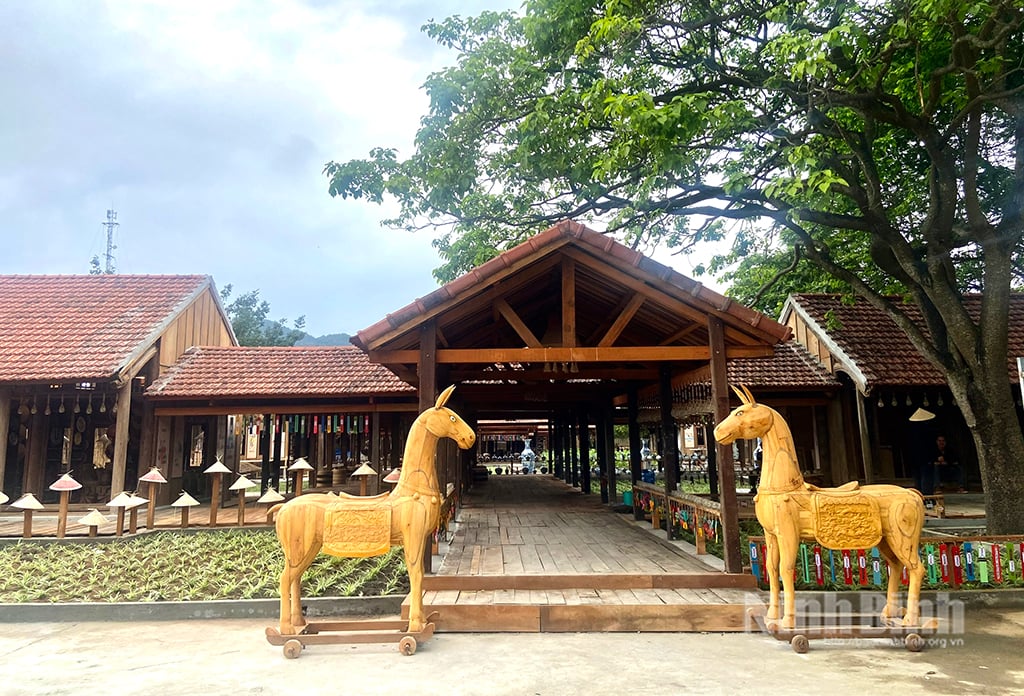



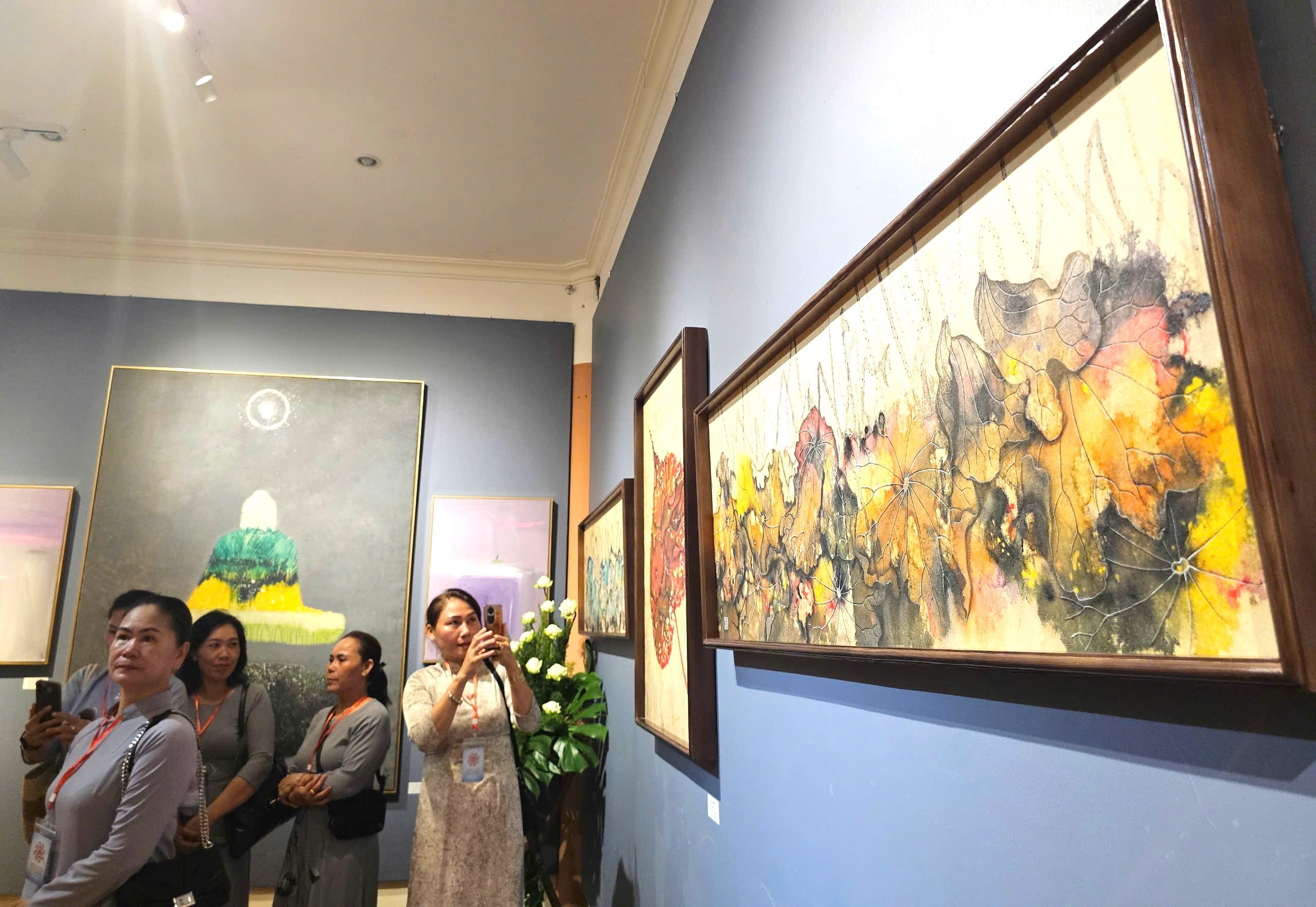






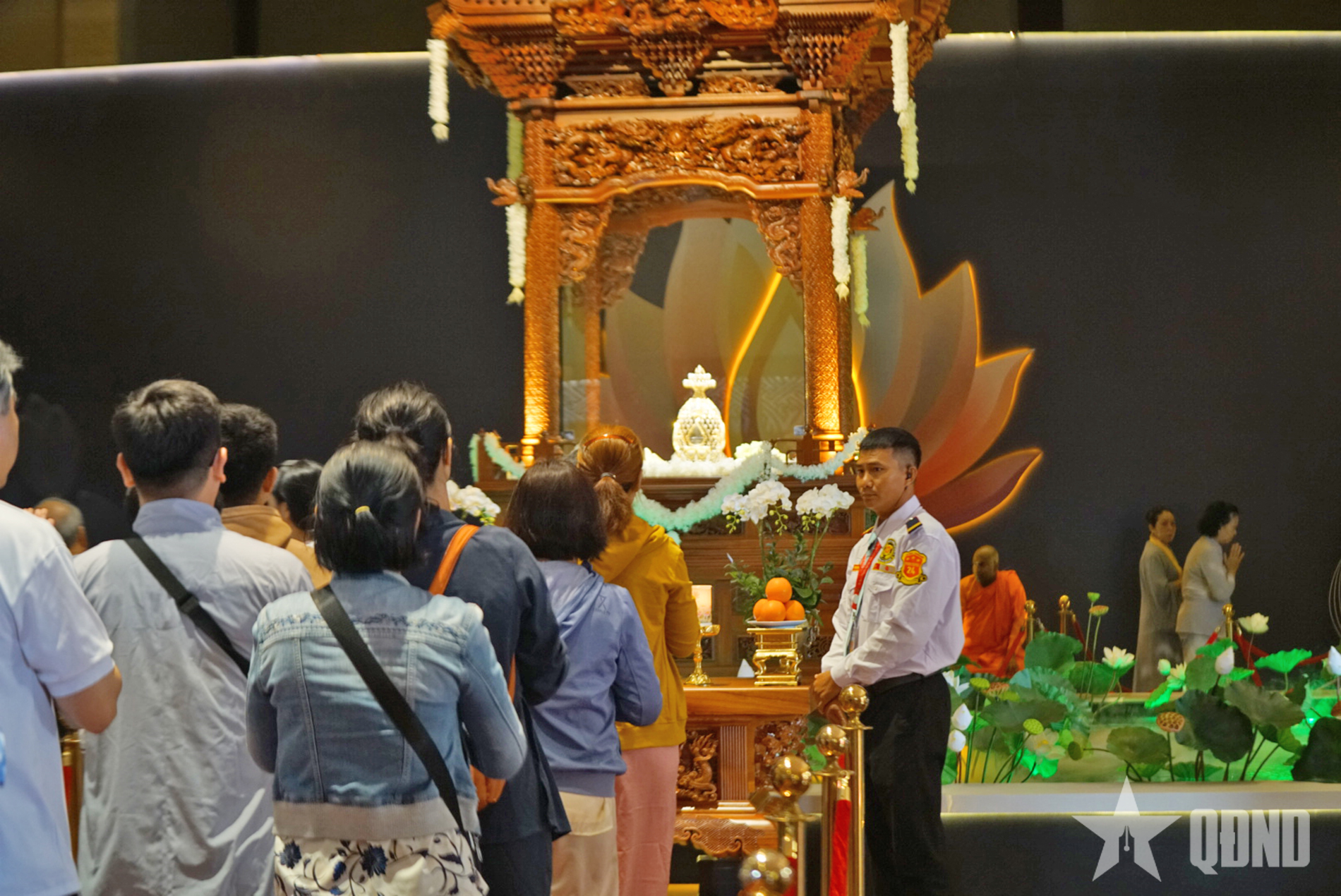

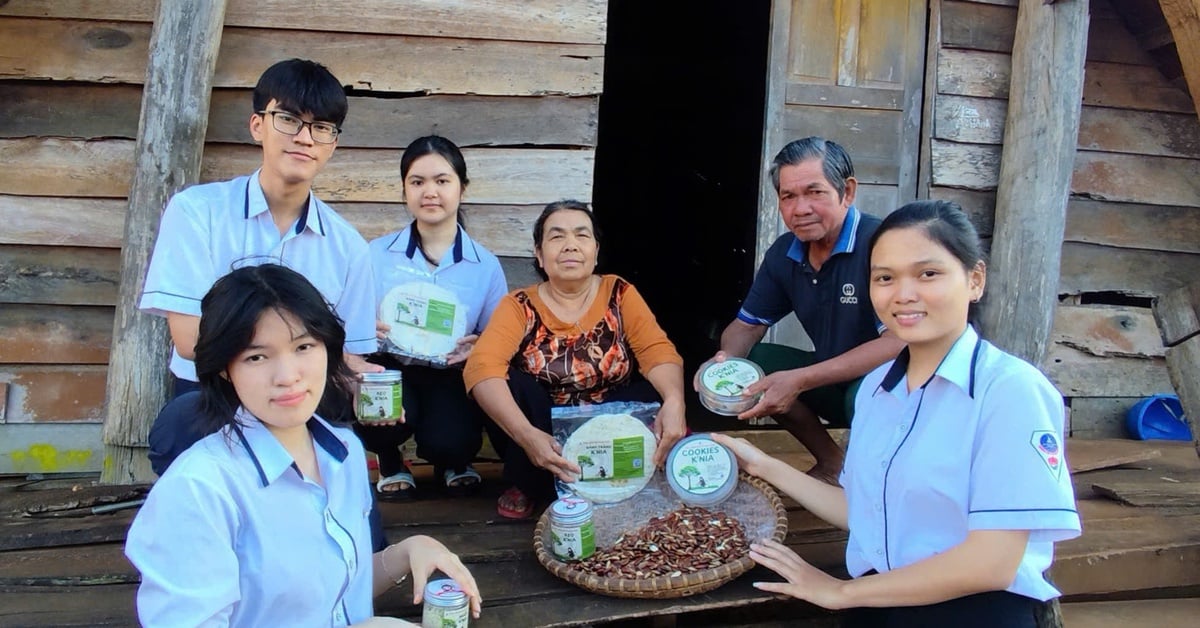
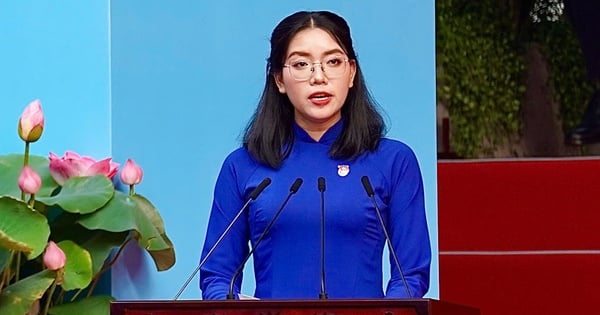

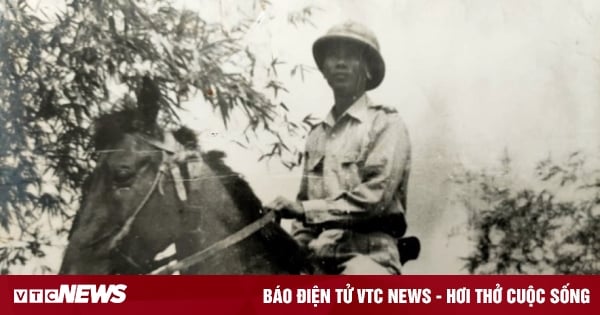









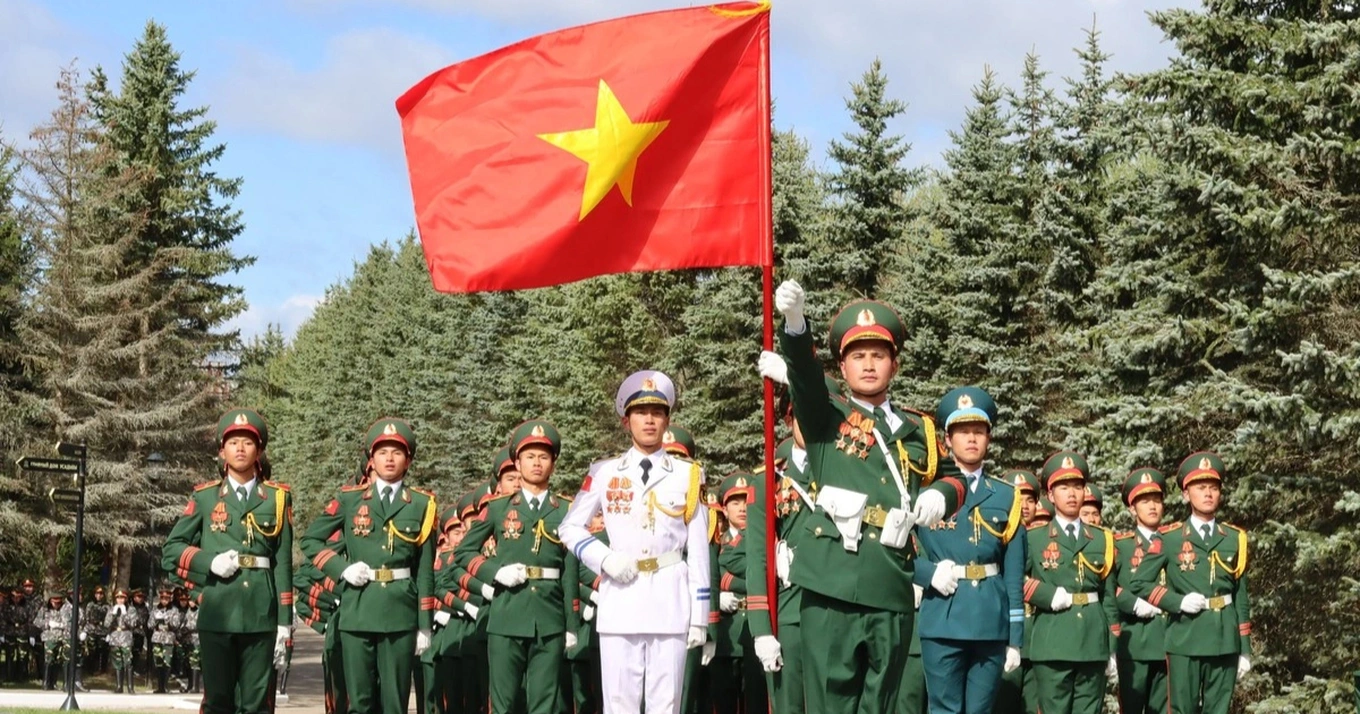

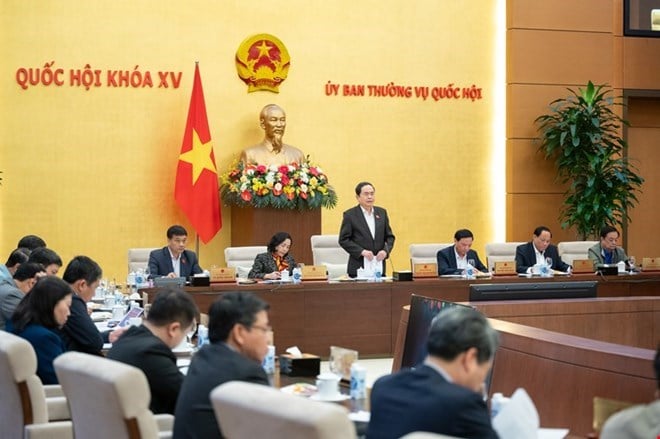
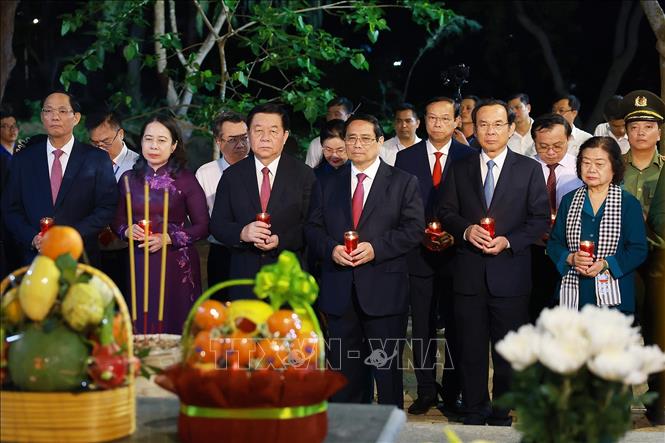

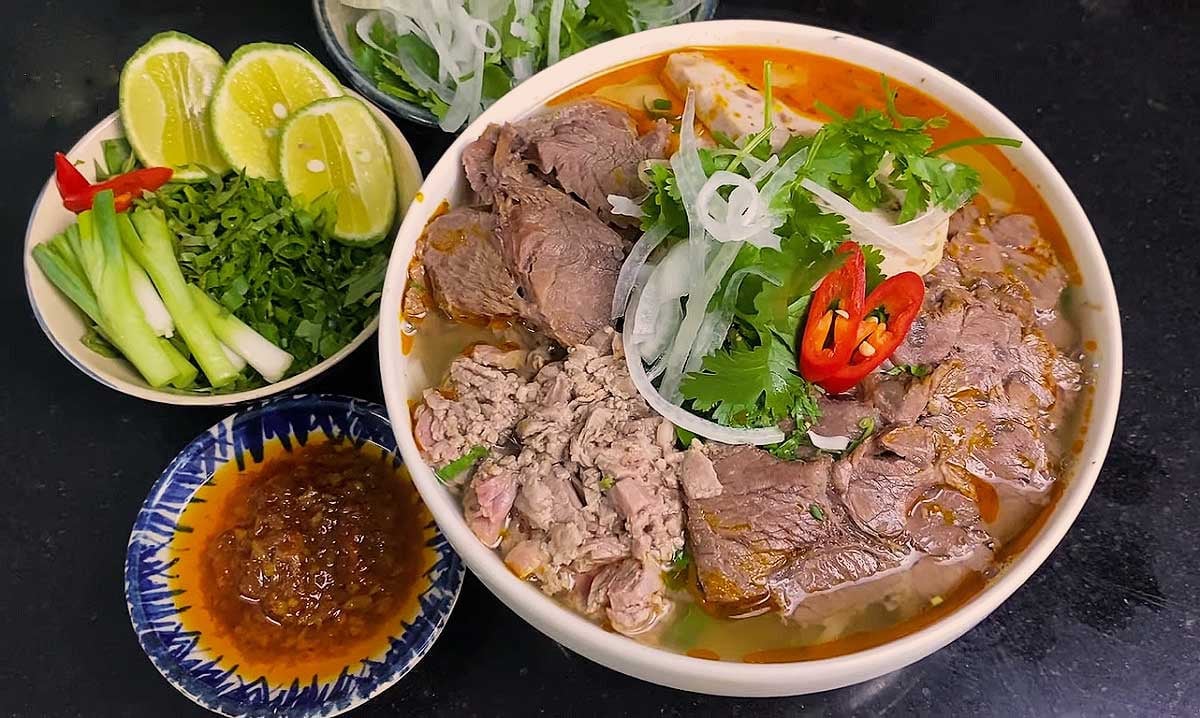

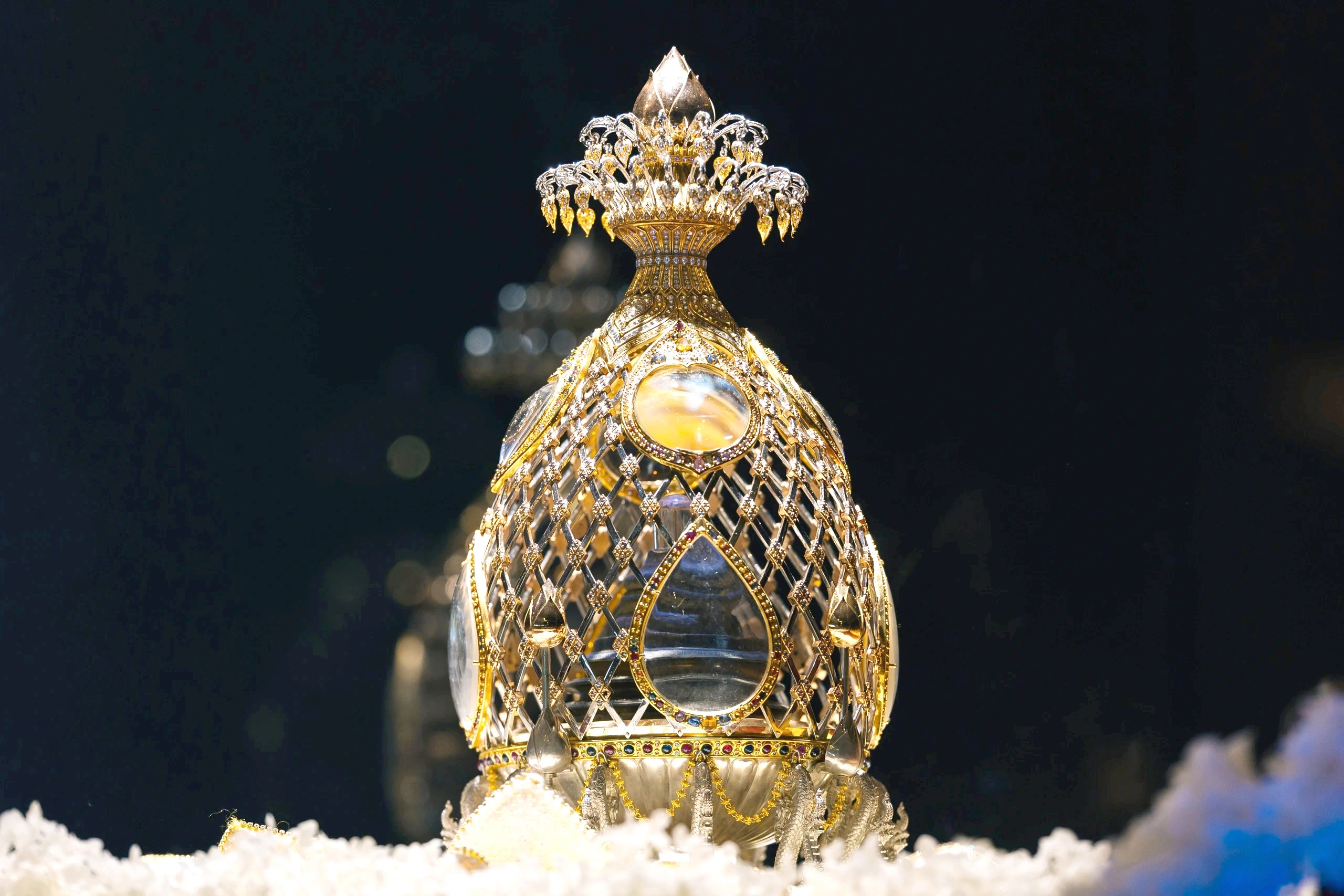





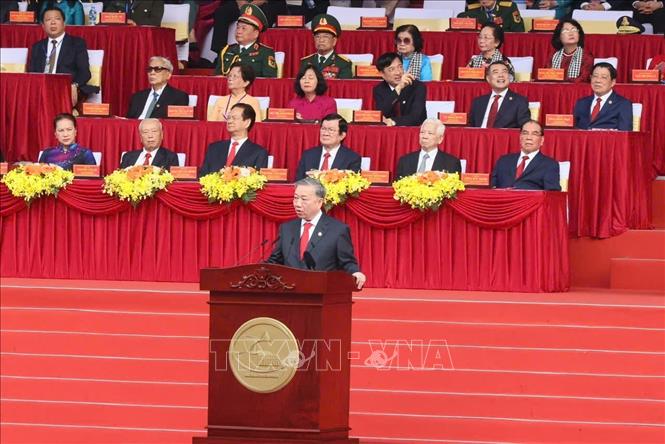









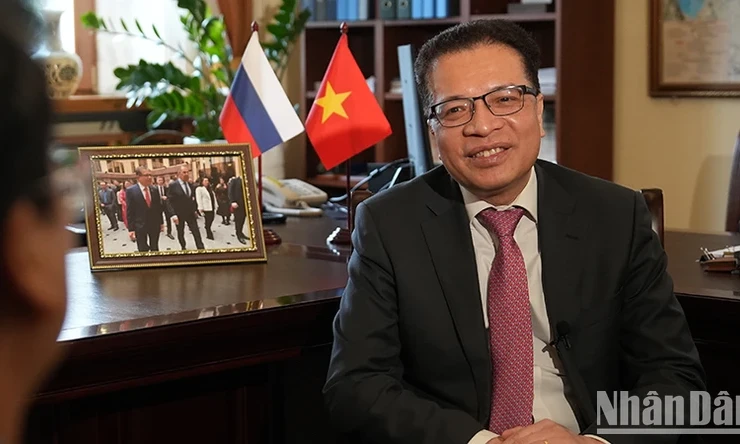

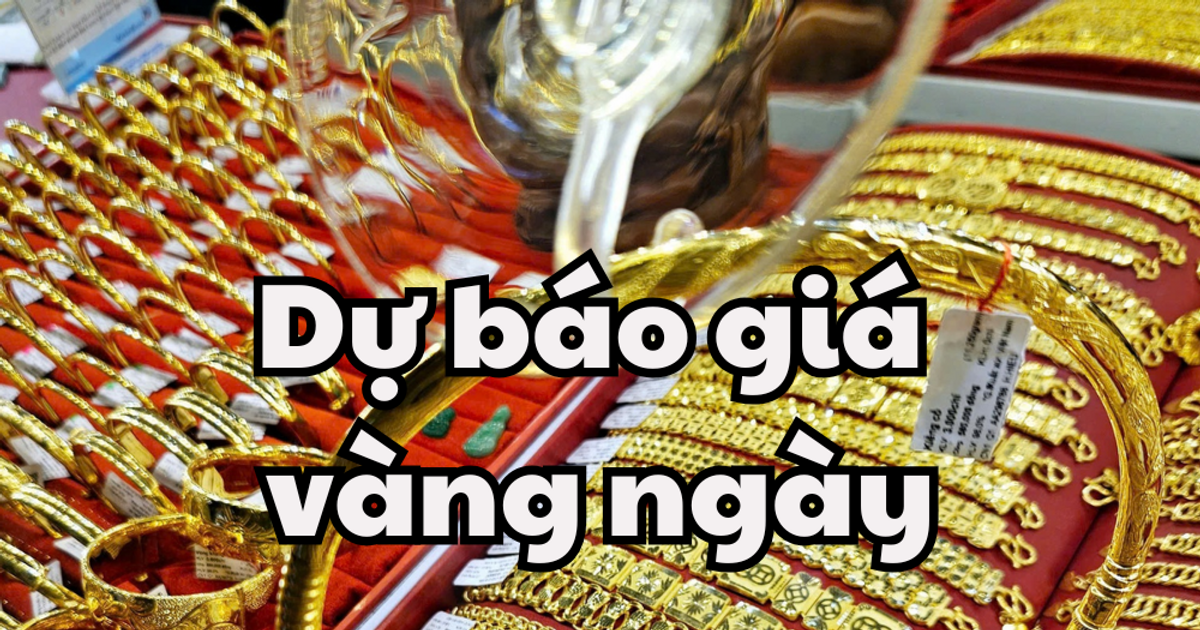


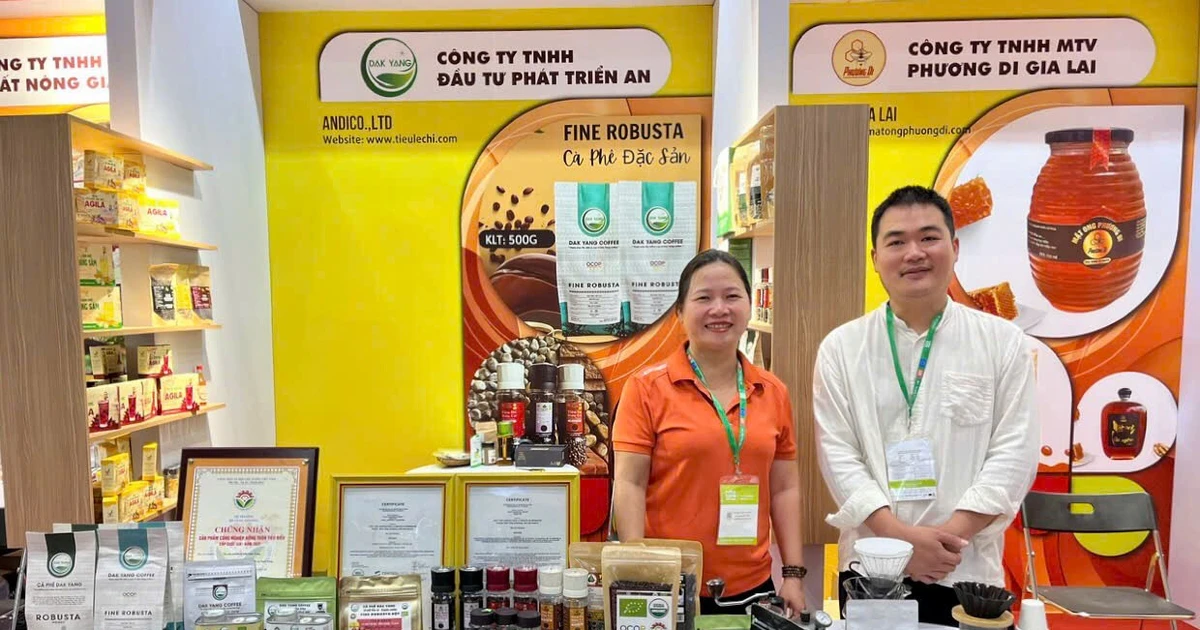

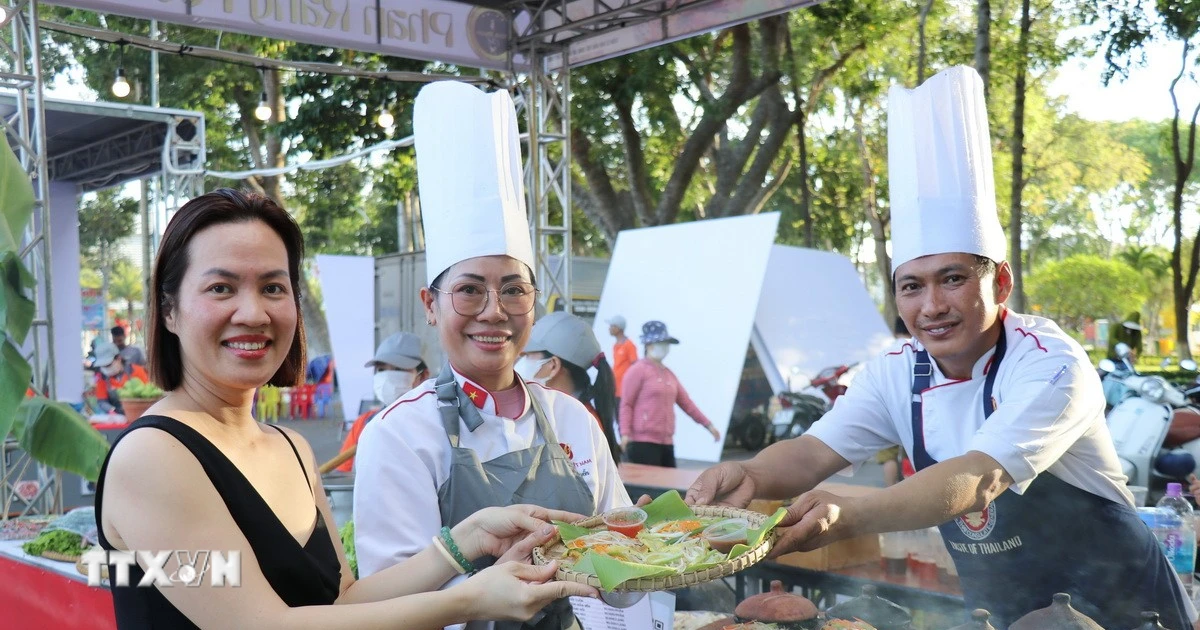




Comment (0)